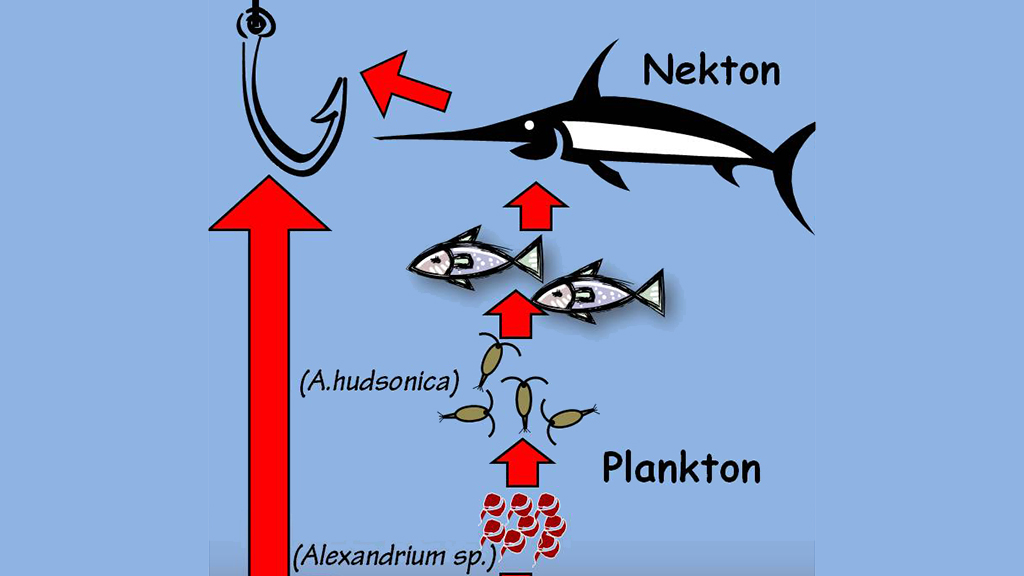Abstract
The intent of this interrupted case study is to present a clear example of both the scientific method and evolutionary adaptation in a model system consisting of marine grazers (copepods) and toxic prey (phytoplankton). Briefly, a certain toxic phytoplankton is found only north of Long Island Sound in the United States; however, populations of their copepod grazers are found more extensively from Maine to Delaware. Students will consider whether exposure to toxic phytoplankton among northern grazer populations has led to greater fitness compared to those populations that have never experienced the toxin (i.e., southern populations), and whether the evidence supports adaptation or plasticity. Students will also discuss the broader impacts of adaptation to toxins in marine food webs. A primary aim is to show students how to go from observation and hypothesis to analysis of data. This activity was originally designed for a second year evolutionary biology or ecology course, but can easily be adapted for the evolution section of a general biology course or an upper-level biological oceanography course.




